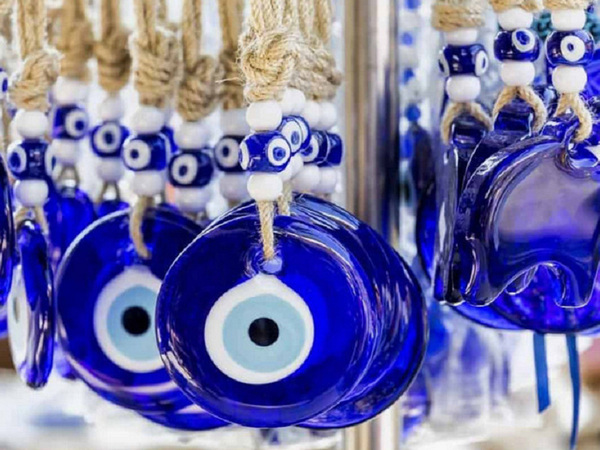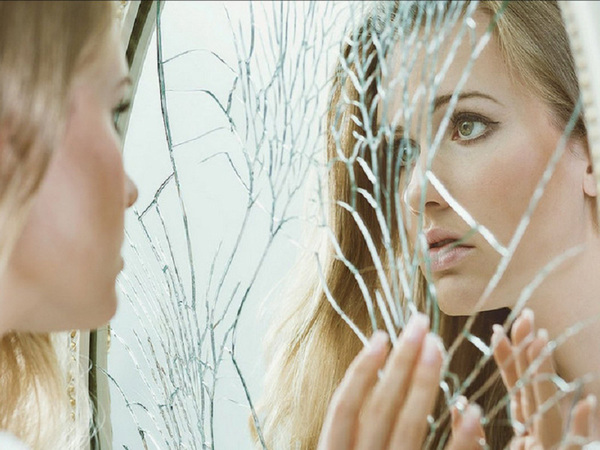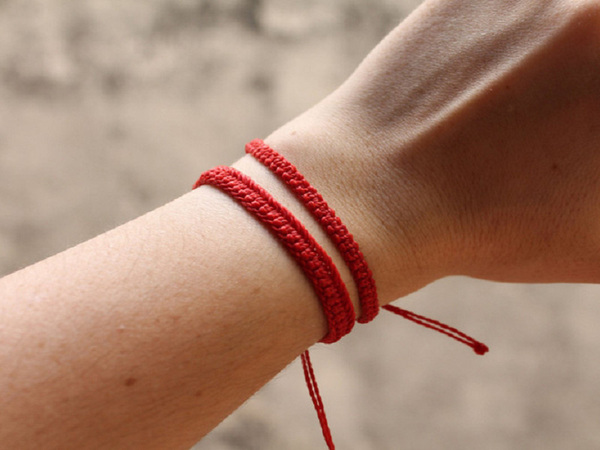Superstitions have woven themselves into the fabric of human history, reflecting cultural beliefs passed through generations. Greece, with its profound history and entrenched traditions, stands as a testament to this phenomenon. In the face of scientific and technological progress, many Greeks steadfastly cling to age-old superstitions that have shaped their culture for centuries. This article delves into 10 enduring Greek superstitions that persist in the beliefs of its people.
The Evil Eye (Mati)
The belief in the "Evil Eye" remains pervasive in Greek culture. Some individuals are thought to possess the power to cast a malevolent gaze, bringing harm, bad luck, or misfortune to others. To shield against the Evil Eye, Greeks adorn themselves with blue and white beads, known as "mati," or utilize charms and amulets. Infants, deemed particularly susceptible, often wear protective charms to ward off this perceived malevolence.

Breaking Mirrors
In Greek superstition, breaking a mirror is feared to attract seven years of misfortune, echoing similar beliefs in other cultures. Mirrors, believed to reflect not just our physical appearance but our souls, are thought to disrupt the harmony of one's soul when shattered, leading to prolonged bad luck.

Tuesday the 13th
While Friday the 13th is widely associated with bad luck in Western cultures, Greece has its own superstition. Tuesday the 13th is considered an ominous day, rooted in the belief that Tuesday is governed by Ares, the god of war, and 13 is an inherently unlucky number.

Spitting Three Times
In Greece, a customary response to mention of potential danger is to spit three times, aiming to dispel negative energy. This ritual is believed to ward off the jinx, preventing the foretold misfortune from becoming a reality.
Sweeping at Night
In Greek superstition, sweeping one's home at night is considered inauspicious. The fear is that along with the dirt, good luck and prosperity may be swept away. Many Greeks prefer daytime sweeping to avoid inadvertently removing blessings from their lives.
Red Thread for Protection
The use of a red thread is a prevalent superstition in Greece to counteract evil forces. Tying a small piece of red thread around wrist or ankle, or attaching it to clothing and belongings, is believed to harness the protective properties of the color red, warding off negative energy.

Knocking on Wood
In Greek superstition, knocking on wood is a practiced remedy to avert bad luck. When expressing hopes that something won't go awry, it's customary to knock on a wooden surface, steering clear of tempting fate.
The Leap Year Prophecy
In Greece, leap years are regarded as unfavorable for marriages. There's a belief that women marrying during a leap year are destined for troubled unions, often leading to divorce or unhappiness. Consequently, many couples opt to avoid tying the knot during leap years.
Beware of Compliments
In Greek superstition, receiving a compliment without invoking a touch of superstition can attract misfortune. Responding with "ftou, ftou, ftou" (the sound of spitting) when praised serves as a protective measure against the potential evil eye associated with compliments.
Bread Superstitions
Bread holds a special significance in Greek culture, accompanied by various superstitions. Dropping bread is believed to bring bad luck, prompting a customary kiss and the sign of the cross before consumption. Additionally, placing bread upside down is seen as a sign of disrespect to the Earth and its bounty.

Superstitions, deeply embedded in Greek culture, persist through generations, influencing how Greeks navigate different aspects of life. Despite the strides of modern society, these beliefs endure, acting as a bridge to their cultural heritage. While some may perceive these superstitions as folklore, they remain a captivating and enduring facet of Greek tradition.